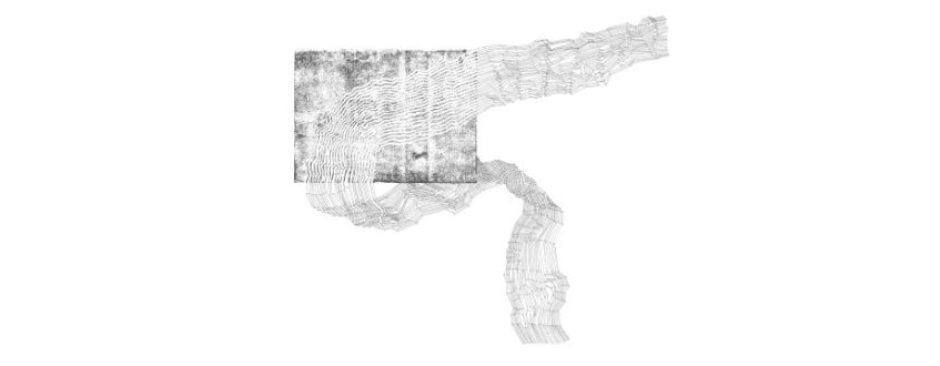I come from a family of teachers, all of whom work in a primary or secondary school scenario where observation is a natural part of qualification, job application and ongoing development. It is therefore strange that after teaching in higher education for 4-5 years it wasn’t until the PGCert that I had an opportunity to observe and be observed in my teaching.
I can recognise the benefits of observation and feedback from an objective source; as a result of being observed by a peer and a tutor I better understand the positive aspects of my teaching practice and have been able to contextualise them within teaching theory, as well as understand those aspects where I could improve or place higher focus. I have gained confidence and feel empowered to improve, all from an observation aimed at creating a constructive and non-judgemental environment, built upon my own desire for personal growth (Loughran and Gunstone, 1997).
However I fear that the requirements for quality assurance in HE teaching can create an environment of hierarchical oversight and monitoring through the use of observation. Under New Labour education was linked to economic growth (Kenny, Ralph and Brown, 2000) thereby shifting the objective away from learning for the pursuit of knowledge and skills, towards becoming a quantifiable element of an economic machine. With rising tuition fees universities come under higher pressure to deliver teaching that is proportionate to the expense, and this pressure gets pushed onto teachers who are unlikely to have seen a proportionate pay rise.
Arts education is inherently unquantifiable given the subjectivity of teaching and student output. Arguably it therefore would benefit most from a collaborative and constructive observation system to create parity and mutual learning amongst teachers. However this subjectivity also puts it at risk of non-compliance with quality assurance guidelines, the definition of ‘quality’ within the arts being an age old debate. It would be possible to make an argument for using Learning Outcomes in clarifying teaching aims and ensuring quality, but as I discussed in Reflection 3 I feel these are so ineffective in an arts context as to be more of a hindrance than a help.
Ultimately I would like to continue observations, I want to organise them with my colleagues because I feel that we could all benefit from one another’s expertise, but I feel this should be self-initiated and kept clear of university level goals. By conducting observations in an atmosphere of trust, focussing on personal development, I believe as a group we could improve our teaching and confidence by learning from one another, without fear of comparison, but with increased certainty of competence and therefore compliance.
Kenny, M., Ralph, S. and Brown, M. (2000) ‘The importance of reflection in experiential learning with community and youth workers for the learning age’, International Journal of Lifelong Education, 19(2), pp. 115–125. Available at: https://doi.org/10.1080/02601370.2000.10750064.
Loughran, J. and Gunstone, R. (1997) ‘Professional Development in Residence: Developing reflection on science teaching and learning’, Journal of Education for Teaching, 23, pp. 159–178. Available at: https://doi.org/10.1080/02607479720105.
Shortland, S. (2004) ‘Peer observation: a tool for staff development or compliance?’, Journal of Further and Higher Education, 28(2), pp. 219–228. Available at: https://doi.org/10.1080/0309877042000206778.
